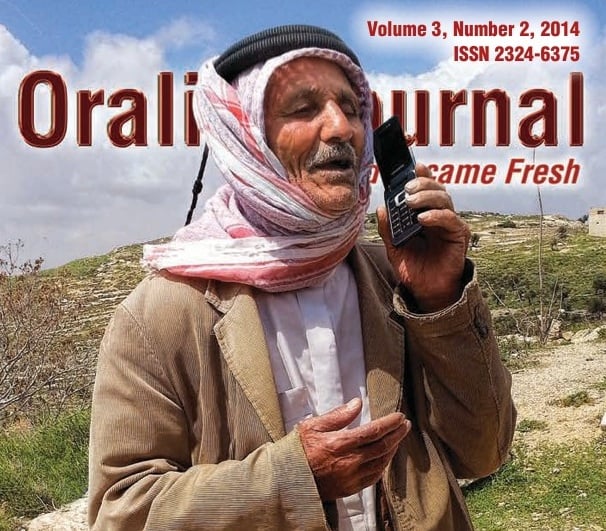Have you ever wondered how honor and shame might influence the way we do theological education? Whether we offer formal or informal training, we cannot ignore the worldview of those we train. I just found out that my latest article has been published in the September issue of Orality Journal. It is titled, “Theological Education in Honor-Shame Cultures: Why Worldview Matters for Oral Learners.”
I just found out that my latest article has been published in the September issue of Orality Journal. It is titled, “Theological Education in Honor-Shame Cultures: Why Worldview Matters for Oral Learners.”
I originally wrote it with oral cultures in mind, but I made sure that it would be applicable to other honor-shame (H/S) cultures as well. The truth is that ALL cultures have elements of an honor-shame perspective (including western culture).
The following quote gets at one of the reasons I wrote the essay:
“If missionaries want to reach oral learners, they must be willing to lose face within the evangelical subculture. They will resist the relativistic tendency to tell the biblical story and objectify theology only from within their own cultural view. One’s worldview has implicit assumptions that shape his or her “implicit gospel.” An “implicit gospel” is the message people hear as a result of the way a speaker, consciously or unconsciously, frames a gospel presentation.”
Here is a broad outline of the subjects I address:
I. Contextualization Answers “Why?”
In this section, I try to move us past conventional (though important) questions about content (“What do we teach?”) and method (“How do we teach our message”?).
Here is a quote:
“We address worldviews by asking “why” questions. Worldview questions involve our rationale (Why do we believe this?) and heart (Why is this important?). We need to consider a number of more basic issues before asking, “What stories should we tell?” (information) or “How do we tell them?” (technique). “Why” concerns understanding; thus, it determines and shapes application (i.e. what? how?).”
II. Why Oral (H/S) Learners Want “Face”
This part of the essay notes a few common features of an H/S perspective and show how H/S shape the biblical narrative.
Since H/S concerns worldview, I state the following:
“How do we contextualize theological education for oral learners? Contextualization requires a transformation of perspective (i.e. worldview). It is more than a methodology to translate cultural ideas. We get ahead of ourselves when we focus on good doctrine (“what?”) and storying (“how?) yet neglect to consider how worldview influences the story we tell.”
III. Honor-Shame Frame the Gospel
This section is only a brief summary of a chapter I wrote for a forthcoming book being produced by the International Orality Network. I am rather excited for that chapter to be published because, in it, I argue that honor and shame are inherent to the gospel, a part of the built-in framework without which there is no biblical gospel.
IV. Theological Education for Oral (H/S) Learners
This last part of the essay suggests seven applications for doing theological education/training in an honor-shame context.
I’d love to hear what applications you would add.













